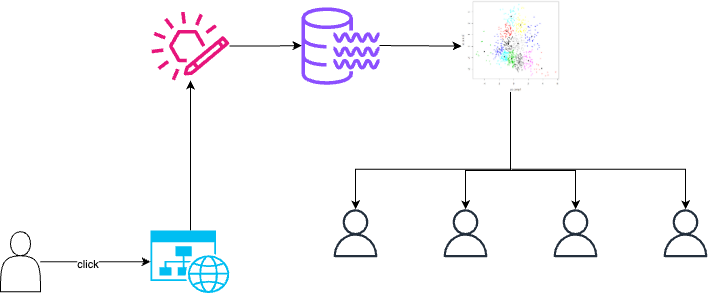Ecommerce Personalization Engine

Designed and implemented a data-driven personalization strategy that increased conversions and average order value through behavioral segmentation and targeted content delivery.
Details coming soon.
Strategic Technology Utilized
- Google Analytics 4
- Google Optimize 360
- BigQuery
- Next.js
- Redis
- TensorFlow
- Segment
- Vue.js
- Kotlin
- Python
- Azure Event Hub